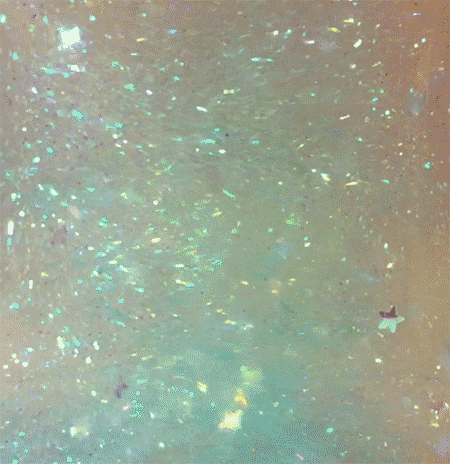I’m really getting into the practical part of this ghostly space stuff. Definitely deserve extra marks, even though I haven’t been to class like ever because I am an international worldly girl.
In the States this time around. I spent two days on seven different flights and a lot of burger-flipping money to get here. I spent 12 hours (maybe less) with an uncle I haven’t seen in ten years. We’ve grown in opposite directions apparently.
Most of my ground time has been spent in a car so far, and I’ve come across a very neat app relevant to whatever it is we’re studying in this class. 
This is one of those geo-location appy things that seep into your daily movements. Literally. It’s a GPS service that provides an alternative to Google Maps. What’s neat about it is its use of networks – the tagline “Outsmarting traffic, together” is a perfect summary. Users of the app are able to see other online drivers who share their route and their knowledge of hazards, traffic jams and cops. It also incorporates a game-like feature where the more things you report on the roads (thereby benefiting your fellow Wazers), the more points you get to buy avatar upgrades. Mine looks like the car from Dumb and Dumber.
I wonder if it works in Australia. Not that I have a car.
https://www.waze.com/
